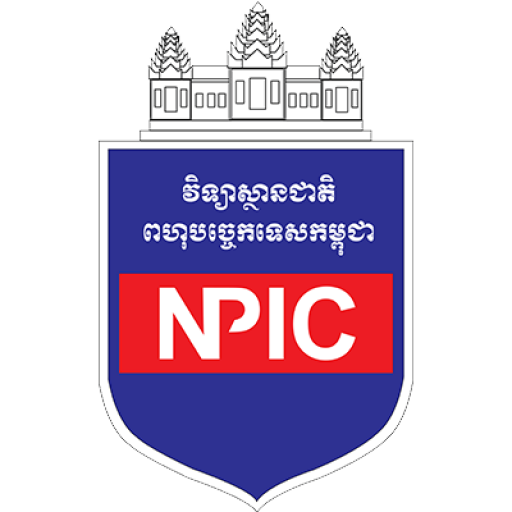| Title | |
| Author(s) | Pengsrorn Chhai |
| Status | 26 views, 357 downloads Download |
| Keywords | computational analyses core stiffness Fluid structure interaction Plaque rupture |
| Abstract | Rupture of atherosclerotic plaque is related to mechanical stress, plaque geometry and the material properties of plaque tissues. An idea three dimensional coronary artery with eccentric stenosis was modelled, and stress analysis with fluid structure interactions was performed using ADINA in order to investigate the effects of cap thickness and lipid core stiffness on atherosclerotic wall stress under pulsatile flow in coronary artery. Three different cap thicknesses (45μm, 65μm and 200μm) and core stiffness (soft, intermediate and hard) were considered. The maximum stress was found at proximal sites of stenosis, and the maximum stress increased more than 320% and 200%, respectively, as the cap thickness increased from 45 to 200μm. Lipid core stiffness did not affect much on maximum stress for a cap thickness larger than 65μm; however, it was very sensitive to wall stress in the very thin (45μm) cap. The soft core model showed higher stress and strain comparing with hard lipid core. So, a very thin cap with very soft lipid core may influence the stability and vulnerability of atherosclerotic coronary plaque. |
| Journal | - |
| Publisher/Institution | National Polytechnic Institute of Cambodia (NPIC) |
| Field/Faculty | Sustainable Energy and Industry Manufacturing |
| Publication Year | 2022 |
| Volumn | - |
| Issue | - |
| Pages | 125-129 |
| DOI | - |
| Recommended Citation | Pengsrorn Chhai. (2022). Effects of Cap Thickness and Lipid Core Stiffness on Atherosclerotic Plaque Wall Stress. - , -, 125-129 |
| Contact Email | pengsrornchhai@yahoo.com |
Facebook page opens in new windowTwitter page opens in new windowInstagram page opens in new windowYouTube page opens in new window
top_menu_bar

